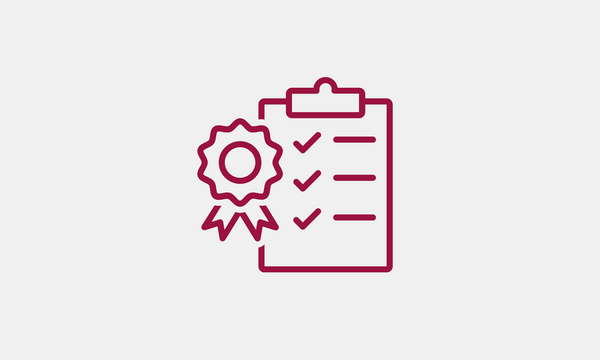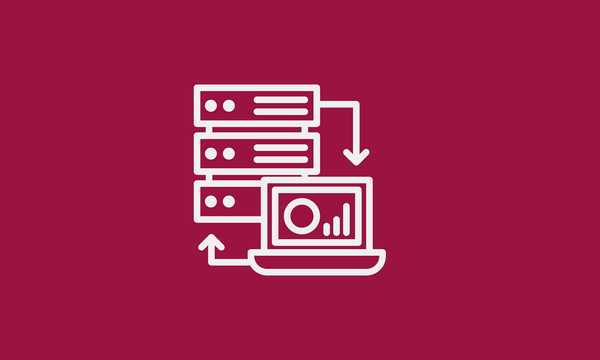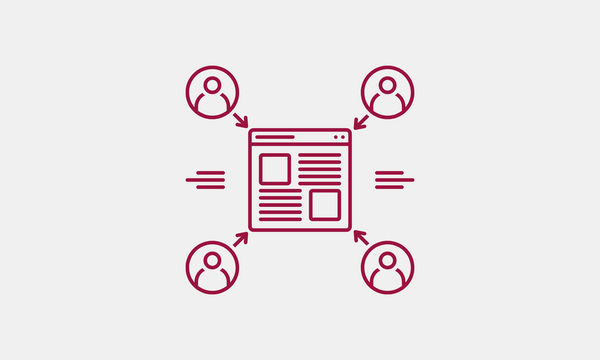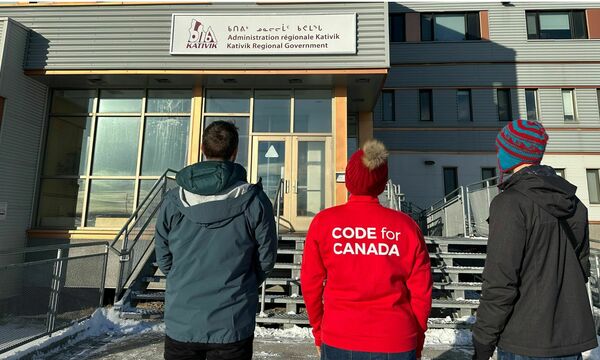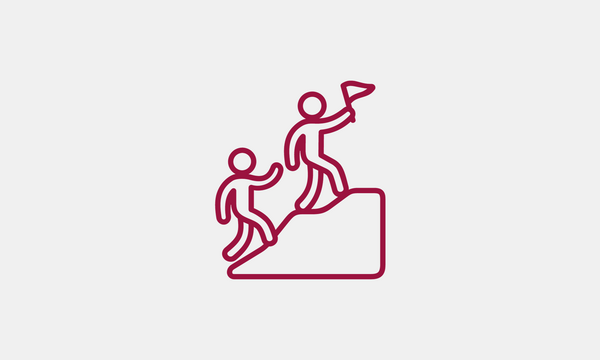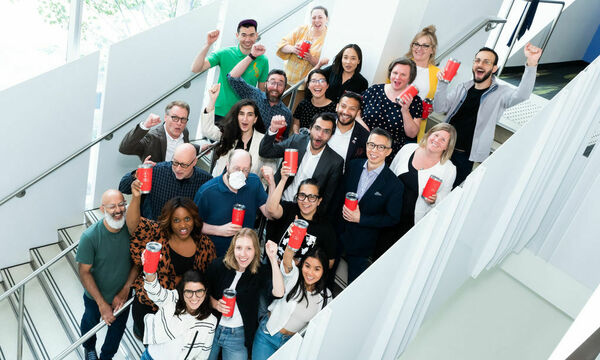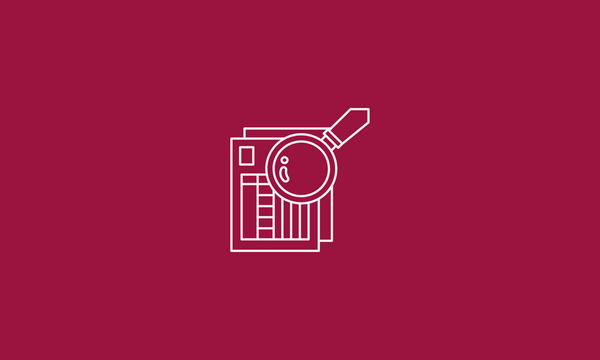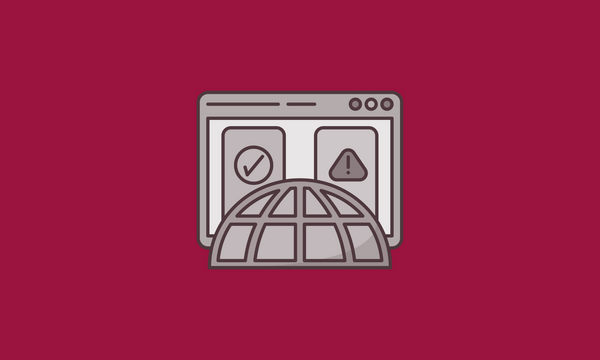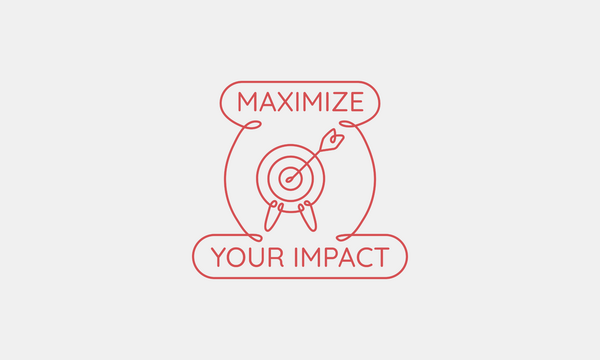Contributing to Digital Transformation at the RCMP

Dorothy Eng

Laura Chang
December 1, 2021

Since 2017, Code for Canada has been on a mission to help improve life in Canada through tech and design. Our approach? Enable governments to deliver better digital services and empower communities to solve civic challenges. Government especially has the breadth and magnitude to help at scale and so we’ve eagerly leaned in on digital government projects that have run the gamut from developing civic engagement platforms, to mapping public art installations, to connecting veterans to benefits (and more!) And while we feel like we’re just getting started, we have to admit a lot has changed in the past four years, including how many more public servants are fired up about the possibilities of digital - and that they’re no longer waiting for us to come to them.
After first being approached in the Spring of 2021, we are ready to kick-off our first-ever project with the Royal Canadian Mounted Police (RCMP). As a member of the Canadian public service, the RCMP wants to better serve residents by providing excellent digital services and they’re starting with an area that will have immediate and direct benefits to the safety of all: the Canadian Firearms Program (CFP). The CFP is charged with enhancing public safety by reducing the risk of harm resulting from the misuse of firearms. Their team is responsible for determining eligibility to possess firearms, promoting responsible ownership and supporting efforts to combat illicit firearms activity. It’s a tall order made even more challenging by their current manual and paper-based processes. We believe by improving the process we can help the CFP keep everyone safer and we’re actively looking for collaborators to make it happen.
As always, we’re excited to start a new project, but we didn’t enter into this new partnership lightly. This project touches policing, firearms, and a Canadian institution with a 101-year-old legacy stippled with controversy. We knew we couldn’t jump in without an abundance of careful consideration of the broader impacts of the project. So how did we get here? We approached it the way we do most things at Code for Canada: thoughtfully, transparently, with an open mind and an evaluative lens. First we had (and continue to have) multiple discussions with our staff and board. We asked ourselves some probing questions such as:
What might happen if you apply civic tech principles to an institution like the RCMP?
What might happen if you kickstart a government modernization project grounded in, and centred on, DEI and decolonizing tech principles?
If not us, then who? What would be the alternative?
These conversations and questions informed a new tool at Code for Canada: our first-ever Ethical Assessment (EA). Our staff came together and through consultation and research developed an EA prototype that we’ve tested with a few projects so far, including this one. It wasn’t a simple process. In fact, it took us months of extensive discussions and research, where we pushed ourselves to examine our beliefs and reflect on our organizational mission.
The results? Pushing past the dichotomy of “yes or no” when scoping a project, and moving towards “if yes, how?” meaning, how do we identify the conditions and guardrails to ensure a project meets our mission and is delivered in line with our values? Through the ethical assessment process, we’ve started to identify clear guidelines to keep ourselves and our partners accountable throughout this process. While we know from years of working with governments that large institutions don’t change overnight, we have a unique opportunity to bring in new ways of working and inspire broader cultural change. While our Ethical Assessment prototype is still in the alpha stage, we invite you to have a look and share any feedback by making comments and suggestion in the document to make it stronger. We look forward to iterating on it and updating you on its progress.
In the meantime, what insights and recommendations did the EA yield for this project? It included publishing this blog post! As always, we intend to work in the open and be accountable for our efforts to continually engage with the historical and current ethical context of the project. We are encouraged by the ongoing enthusiasm of the individuals on the CFP team who continue to engage in frank and honest conversations with us. Everyone involved, including our new government partners, are committed to creating a psychologically safe work environment and will receive training on core topics such as Diversity, Equity, and Inclusion (DEI), anti-oppression, anti-racism and the historical and social context of the RCMP. They’re equally committed to producing outcomes that are user-centred, inclusive, and accessible. We’re also making space for intentional conversations, investing in consultations with communities and experts, and above all else, treating this as a learning experience.
So please follow along, engage with us in healthy discussion, and let’s grow together. And if you’re a developer, designer, or product manager as motivated as we are to apply tech and design solutions for the public good please get in touch - on this new journey, we’ll need the brightest among you to light the way.
